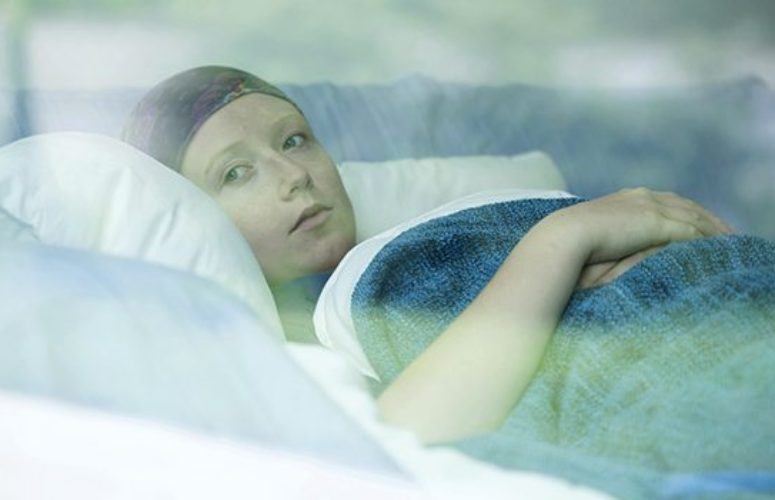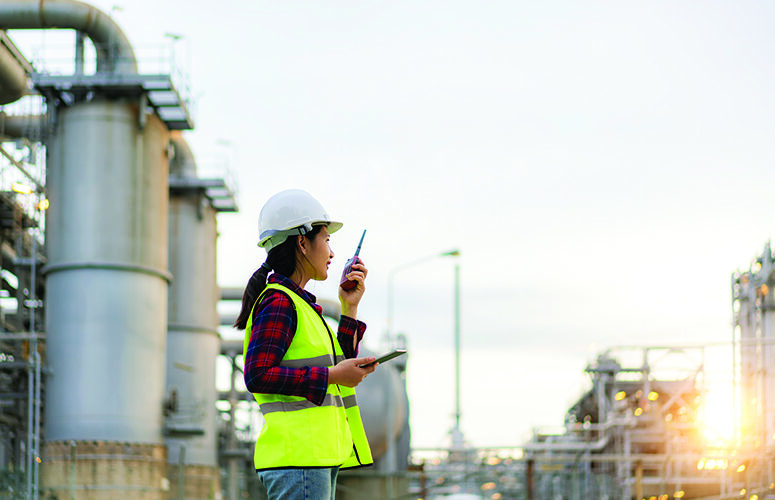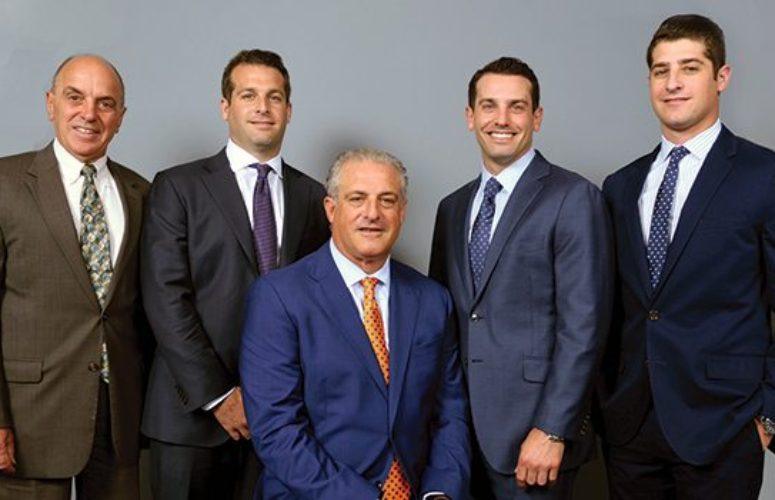
Living with Cancer
By The American Cancer Society On Dec 1, 2015Nearly 14.5 million Americans alive today have faced a diagnosis of cancer. Some of them have just been diagnosed or are going through treatment, while others no longer have active symptoms of cancer or are thought to be cured. In New Jersey, more than 51,000 people will be diagnosed with this disease this year and 16,250 are expected to die from cancer.
Everyone has their own way of coping with cancer. The American Cancer Society can give you information about different types of cancer and many cancer-related topics. We also offer many patient services in communities throughout the country and right here in New Jersey.
The emotional impact of a cancer diagnosis
Delores, cancer survivor: “There’s a fear that goes through you when you are told you have cancer. It’s so hard in the beginning to think about anything but your diagnosis. It’s the first thing you think about every morning. I want people diagnosed with cancer to know it does get better. Talking about your cancer helps you deal with all of the new emotions you are feeling. Remember, it’s normal to get upset.”
A cancer diagnosis affects not only you, but also your family and friends. You may feel scared, uncertain, or angry about the unwanted changes cancer will bring to your life and theirs. You may feel numb or confused. You may have trouble listening to, understanding, or remembering what people tell you during this time. It’s not uncommon for people to shut down mentally once they hear the word “cancer.”
Making informed treatment decisions
When you’re looking for information about any type of cancer, you first need to know exactly what type of cancer you have. Talk with your healthcare team. Ask them for information about your specific type of cancer. Your cancer treatment will be planned for just you. Knowing these specifics will help you find the best information for your situation.
Day-to-day help
Rides to treatment: Sometimes getting to cancer treatment is a challenge. If you need a ride to treatment, we may be able to help.
Lodging: If your cancer treatment is far from home and you need a place to stay, the American Cancer Society may be able to help.
Personal cancer guide: You may want somone to help guide you through your cancer care. An American Cancer Society patient navigator can help.
Emotional support
Breast cancer support: Women with breast cancer can talk with a trained Reach To Recovery® volunteer who is a breast cancer survivor.
Cancer education classes: If you and your family have questions about cancer, our I Can Cope® classes can help. These classes are online at cancer.org/onlineclasses.
Help with appearance-related side effects of treatment: Some cancer treatments can affect your appearance. At a Look Good…Feel Better® session, you can learn ways to help with side effects like hair loss and skin changes. This program is offered jointly by the American Cancer Society, the Personal Care Products Council Foundation, and the National Cosmetology Association.
Information
We live in an information-packed age. Cancer information can be complex and confusing. To find accurate and up-to-date information, use reliable sources. The American Cancer Society is available 24 hours a day, seven days a week, by phone at 1-800-227-2345 or online at cancer.org. When you call us, you will talk with a trained Cancer Information Specialist. We can also help those who speak a language other than English or Spanish find the help they need.
Related Articles:






